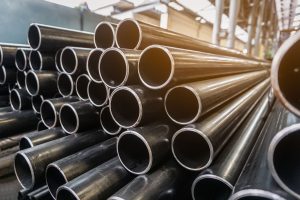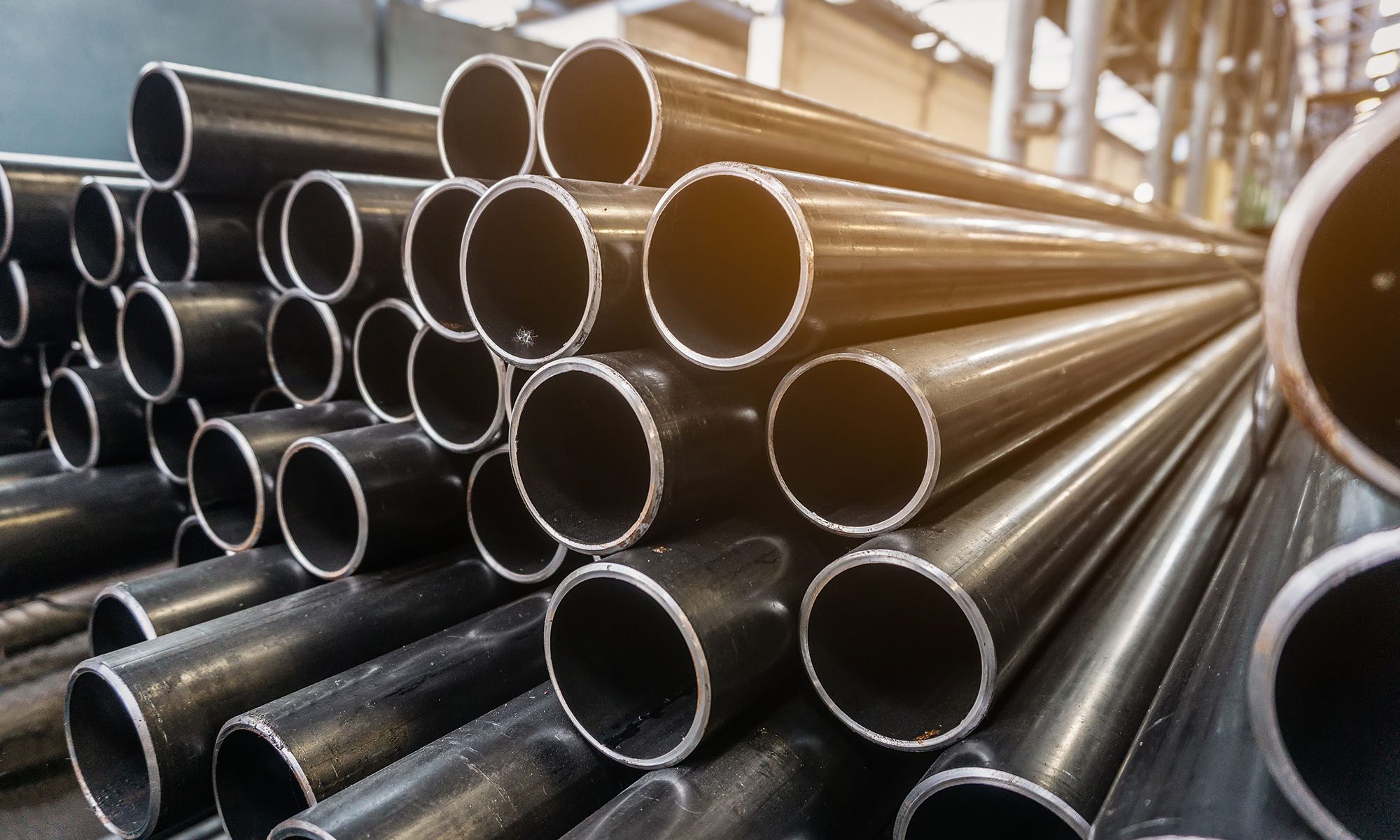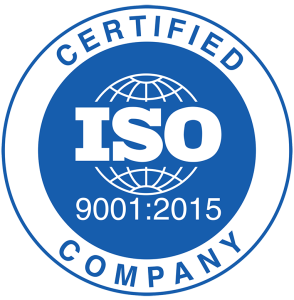You have a multitude of options for steel tubing. Electric Resistance Welded (ERW) and Electric Fusion Welded (EFW) are popular options. To make the correct choices, you have to understand how the two are different. It’s necessary to know which one suits a particular application. We are going to talk about how the two compare so that you can make an informed decision. Then if you want to work with the top provider of ERW steel tubes in the West Midlands, you can speak to us.
ERW tubing
 Let’s begin by looking at ERW tubes. To make them, you roll a steel plate into a cylindrical shape. You then join the edges together. This occurs via a high frequency electric current.
Let’s begin by looking at ERW tubes. To make them, you roll a steel plate into a cylindrical shape. You then join the edges together. This occurs via a high frequency electric current.
You can choose a carbon steel ERW tube with a thin chromium or zinc layer for corrosion resistance. The plating or galvanisation creates durable, strong tubing. It will be perfect for use in industries like automation, construction, and oil and gas.
Besides the corrosion resistance and strength, ERW tubes come with high machinability and ductility. This makes them versatile for differing applications.
With its multitude of advantages as well as extensive uses over many industries, it is easy to see why these are popular tubes. From exceptional performance under extreme conditions to superb durability, they provide unmatched value. You could be after tubing solutions capable of withstanding the test of time. If so, steel ERW tubes can be a great choice.
These tubes work well in low to medium pressure projects. The primary benefit of them is their cost efficiency. You can use them for water supplies as well as with transporting non-corrosive fluids. If you’re looking for the greatest ERW steel tubes West Midlands has, speak to us.
EFW tubing
As for EFW stainless steel tubes, you make them by combining molten steel from two individual ends. You then weld them together. Such a fusion method guarantees the tube is denser, stronger, and more uniform.
The factors above make EFW tubing more suitable for high temperature applications. The same goes for high pressure and corrosive ones. Here, durability and strength take priority so they are the best choice. Industries that commonly use these tubes are oil and gas and petrochemical.
Comparison
We will look at how the two compare now. In general, ERW tubes are more cost efficient and appropriate for low to medium pressure projects. EFW tubes cost more, and come with superior durability and strength. As a result, they are best for high pressure applications. ERW tubes are more straightforward to manufacture. The procedures for EFW ones are more complicated. This leads to higher costs.
There are also some other factors you will need to consider. You choice of steel tubing depends on things like end-use, grade, wall thickness, and tube diameter. ERW tubes are commonly available in smaller thicknesses and diameters. As for EFW tubes, they are heavier with bigger wall thicknesses and sizes.
Picking between EFW and ERW steel tubes comes down to the particular application needs. This includes fluids you’re transporting as well as conditions like temperature and pressure. ERW designs are cost efficient and work in low to medium pressure projects. However, EFW ones come with better durability and strength for corrosive and high pressure environments. You also have to consider end use, tube diameter, grade, and wall thickness.
Order high quality ERW steel tubes in the West Midlands
At Union Steel Tubes, we reach the highest standards with our products and services. Our tubing is made using high quality materials and we also have controls to maintain consistency. There is a great selection of shapes and sizes as well.
So, if you need the finest ERW steel tubes in the West Midlands, get in touch. We can supply them quickly for various projects.



